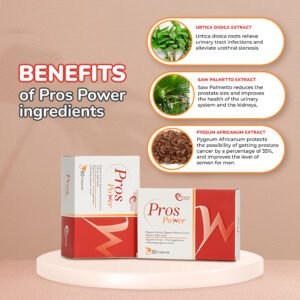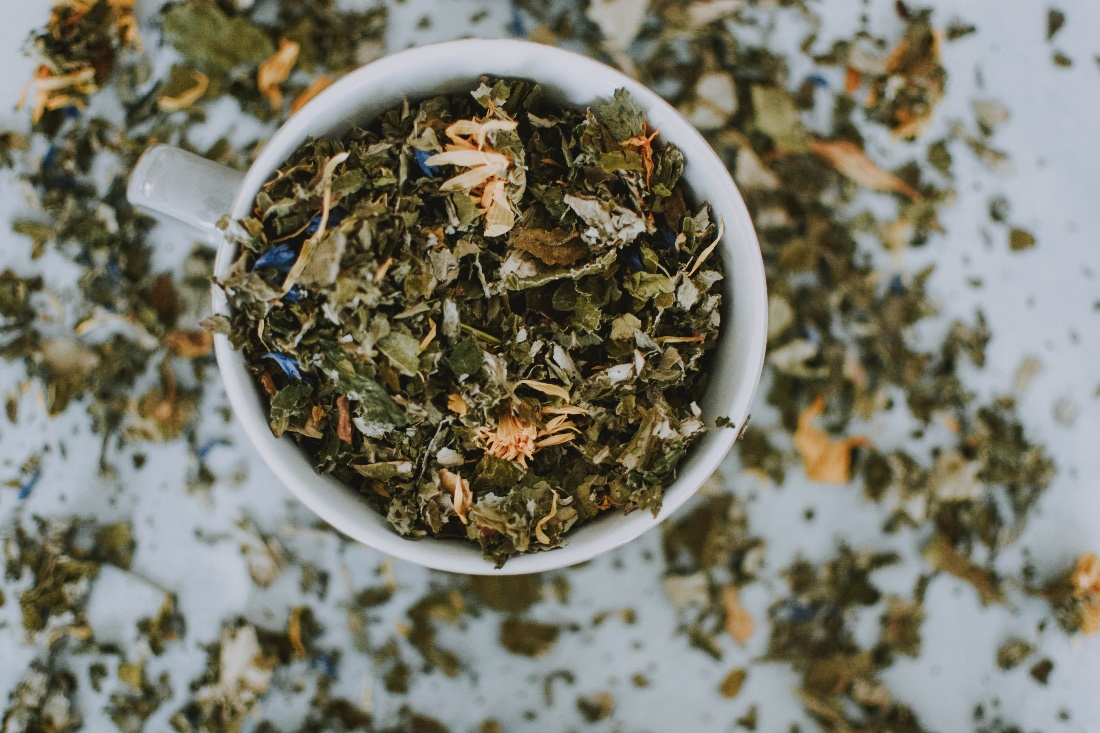1. Eat a Healthy Diet and Manage Your Weight
Many studies have evidence that lifestyle changes, especially diet modifications, can decrease the chances that you’ll develop prostate cancer, reduce cancer recurrence and help slow the progression of cancer. A healthy, unprocessed diet is also important for preventing obesity, a known risk factor for prostate cancer.
- Get an idea for how many calories you need to maintain your weight. Try not to exceed this amount, perhaps by keeping a food journal temporarily.
- Limit your consumption of processed meats, factory-farm meats and conventional dairy products (opt for organic, unsweetened dairy instead).
- Avoid all trans fatty acids (found in many fried foods, fast food, highly processed foods and margarine).
- For the most protection, eat about 2.5 cups or more of veggies every day as part of an anti-inflammatory diet. Try to include a variety of veggies in your diet, especially leafy greens and cruciferous vegetables (like broccoli, cabbage, kale, Brussels sprouts and cauliflower), which have recently been connected to cancer prevention.
- Eat wild-caught fish, which provide omega-3 fatty acids.
- Include a variety of high-antioxidant foodsin your diet, including all types of leafy greens, orange and yellow veggies and fruits, berries, citrus fruits, carrots, avocado, sweet potatoes, tomatoes, asparagus, bell peppers, mushrooms, sea veggies, herbs and spices, olive oil, green tea, cocoa, spirulina, and others.
- Eat foods high in zinc and selenium, which support prostate health. These include grass-fed beef, lamb, liver and organ meats, sardines, turkey, Brazil nuts, pumpkin seeds, dark chocolate, sesame seeds, wheat germ, chickpeas.
2. Get Enough Exercise
Studies suggest that people who are more physically active have better protection against developing many types of cancer, as well as overall improvements in health and better protection against obesity. Getting daily exercise has numerous benefits, both for your mind and body. Exercise helps reduce inflammation, improve circulation, support the immune system and can help you control your weight. It can also improve feelings of well-being and reduce stress, depression or anxiety.
A review conducted at Stanford University, which looked at 27 studies conducted between 1976 and 2002, found that 16 out of 27 studies found that exercise significantly reduces a man’s risk for developing prostate cancer. The average risk reduction ranged from 10 percent to 30 percent.The researchers stated, “The ability of exercise to modulate hormone levels, prevent obesity, enhance immune function and reduce oxidative stress have all been postulated as mechanisms that may underlie the protective effect of exercise.”
3. Treat Other Health Conditions and Check Your Medications
Many of the same lifestyle habits that lead to conditions like high blood pressure, diabetes, high cholesterol, heart disease and depression can also increase your cancer risk. These are also associated with worsened sexual function, including contributing to erectile dysfunction. Work on overcoming health challenges through diet and lifestyle changes as much as possible, then consider speaking with your doctor about other treatments or medications that can also help. Recovery from serious diseases, including cancer, is easier if you’re metabolically healthy and not battling other health problems.
If you’re taking any medications, it’s a good idea to speak to your doctor about how they may contribute to negative side effects. For example, some medications, such as SSRIs (used to treat depression), beta-blockers (used for high blood pressure), and medications used for insomnia and anxiety, can affect your prostate. These may have a negative impact on sexual dysfunction because they can cause decreased libido, impairment in arousal, erectile dysfunction, delayed ejaculation, and delayed or absent orgasm.
4. Do Not Supplement with Calcium
Taking high doses of calcium may increase your risk, so talk to your doctor about whether calcium supplements are really needed. It’s advised that you avoid taking more than 1,500 milligrams of calcium from supplements per day, although calcium from food sources (like leafy greens and fermented dairy) are unlikely to be a problem.
5. Don’t Smoke
If you currently smoke, get help with quitting. For help quitting smoking, talk to your doctor about useful interventions, speak with a therapist or start an online program that specializes in smoking cessation, such as ones recommended by the Centers for Disease Control and Prevention. Drink alcohol only in moderation and avoid use of recreational drugs.
6. Sleep Enough and Manage Stress
Find ways to relax, connect with others and wind down. If your job is a major source of stress on a daily basis, consider what you can do to change your situation. Take up hobbies, stay active and join groups in your community to connect with others. Studies have found that people with more social support tend to liver longer, happier lives.
7. Take anti-cancer herbs supplements
1. Pygeum Africanum
Pygem africanum protects the possibility of getting prostate cancer by a percentage of 35%, improves the level of the semen for men.
In the USA, the phytotherapeutic preparations of Pygeum africanum and Saw palmetto have been marketed for prostate health including prostate cancer prevention and treatment.
The anti-cancer potential of Pygeum africanum has been tested both in vitro (PC-3 and LNCaP cells) and in vivo (TRAMP mouse model).
(30%) of Pygeum africanum inhibited the growth of PC-3 and LNCaP cells; induced apoptosis and altered cell kinetics; down regulated ERalpha and PKC-alpha protein, and demonstrated good binding ability to both mouse uterine estrogen receptors and LNCaP human androgen receptors. TRAMP mice fed Pygeum africanum showed a significant reduction (P = 0.034) in prostate cancer incidence (35%) compared to casein fed mice (62.5%).
Pygeum africanum, which is widely used in Europe and USA for treatment of BPH, has a significant role in regulation of prostate cancer both in vitro and in vivo and therefore may be a useful supplement for people at high risk for developing prostate cancer.
2. Saw Palmetto
Saw palmetto is an herb used to treat the symptoms of benign prostatic hyperplasia. In vitro studies have found that saw palmetto inhibits growth of prostatic cancer cells and may induce apoptosis. To evaluate whether saw palmetto supplements are associated with a reduced risk of prostate cancer.
3. Uritica Dioica
Check Out Our Pros Power Product Now ,It Includes the potent of these 3 herbs extracts and be amazed by the amaizing and fast results!




